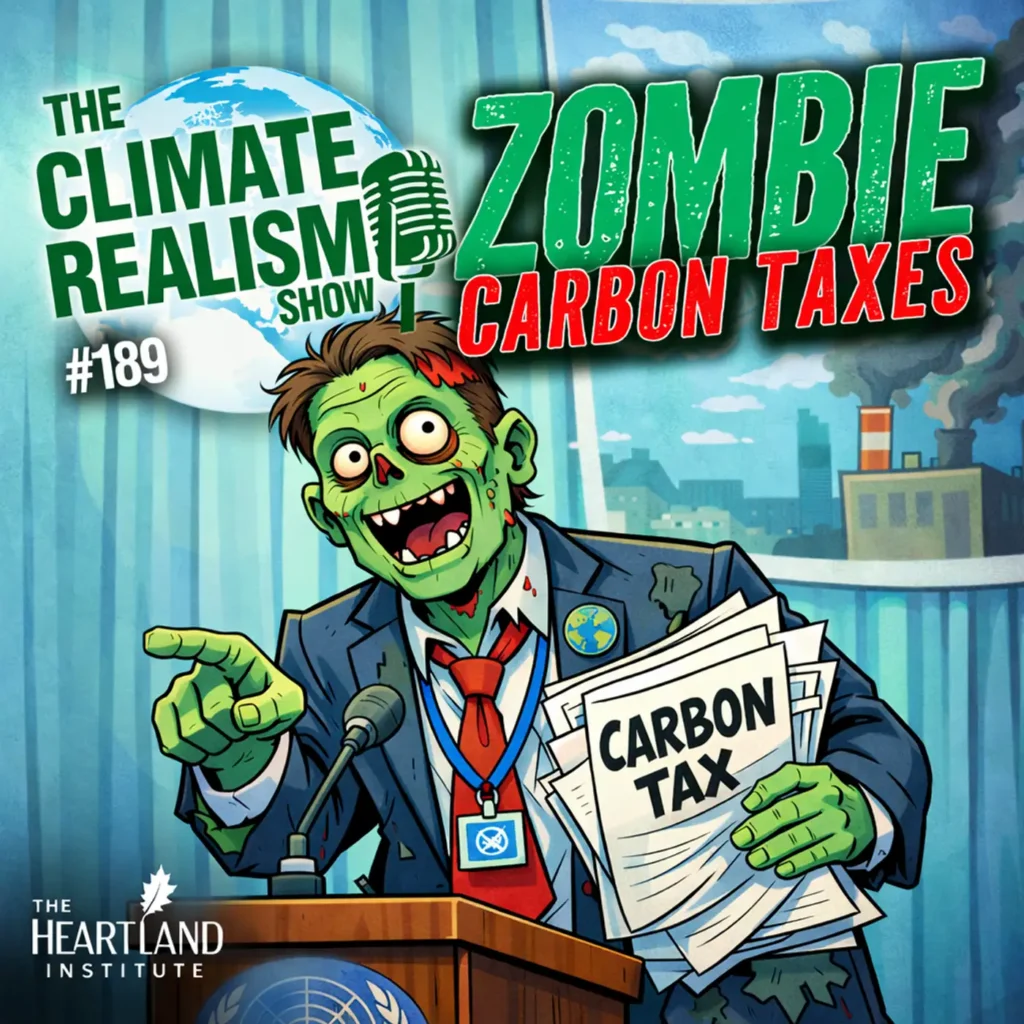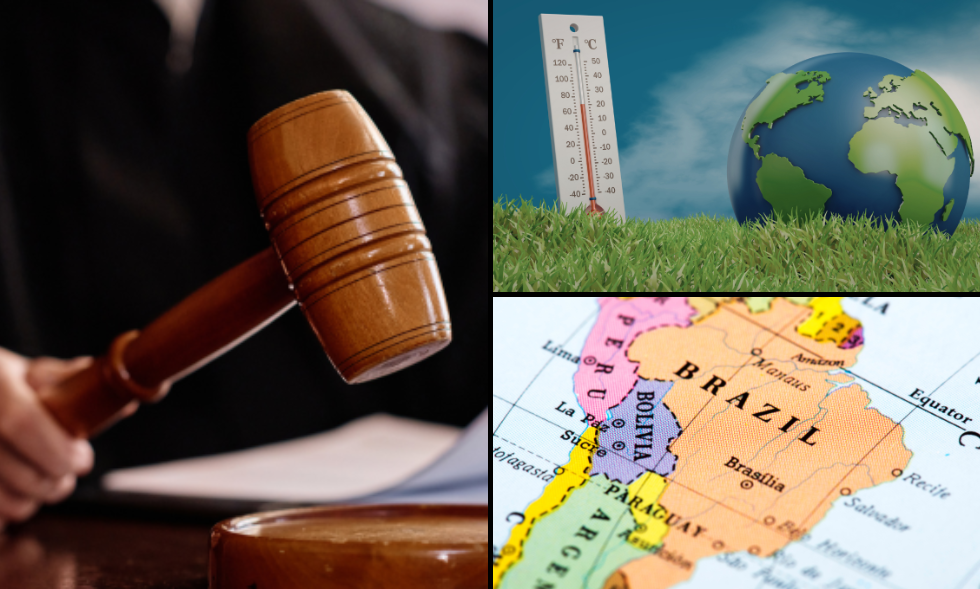Europe is simultaneously baking and freezing, and will continue to do so as a result of global warming, alarmists asserted in global media reports in November 2005. The two theories upon which the claims were made were promptly debunked by climate scientists.
Media Fanned Fears
Measurements taken during 2005 and reported in November show the rate of movement of the Atlantic Ocean’s Gulf Stream, which carries warm Caribbean waters to the west coast of northern Europe, has slowed by 30 percent relative to measurements taken in 1992. Alarmists quickly claimed those findings as evidence of large-scale global warming.
According to the predictions of some alarmists, warmer temperatures will cause more glacial melt from Greenland and the North Atlantic, which will impede the operation of the Gulf Stream. Some alarmists claim the entire Gulf Stream could shut down, leading to another ice age, if warming continues on its current course.
The media were quick to spread alarm. In anticipation of the findings, the London Guardian ran a November 13 article titled “Will global warming trigger a new ice age?” Following the study’s release, the Guardian published a December 1 article claiming “Alarm over dramatic weakening of Gulf Stream.”
“Failing ocean current raises fears of mini ice age,” proclaimed the November 30 New Scientist. “Fears of big freeze as scientists detect slower Gulf Stream,” declared the December 1 London Independent. “Weaker Gulf Stream threatens Britain’s climate,” warned the December 1 London Times.
The Times article was typical, claiming, “The findings give the strongest indication yet that … Europe’s central heating system is breaking down under the impact of global warming.”
Scientists Debunk Alarmism
Climate researchers quickly debunked the alarmists’ claims. “The only way computer models have managed to simulate an entire shutdown of the current is to magic into existence millions of tons of fresh water and dump it in the Atlantic,” observed Chris West, director of the UK climate impacts program at Oxford University, according to a December 1, 2005 article in the Guardian. “It’s not clear where that water could ever come from, even taking into account increased Greenland melting,” West said.
The European Environment Agency released a November 29 report claiming Europe is warming, not cooling. The report determined Europe had warmed by 1.71 degrees Fahrenheit during the twentieth century, well above the global average increase of 1.25 degrees Fahrenheit.
“Much of the difference in temperature between eastern North America and western Europe can be explained not by the Gulf Stream but by the simple and well-known fact that the ocean stores heat in the summer and gradually releases it in winter. When winds blow from west to east, as across the North Atlantic, the heat released in winter preferentially warms the land areas to the east of the ocean,” said Timo Hameranta, moderator of the Finland-based Climate Skeptics, a Web site for climate scientists interested in discussing current climate issues. “Actual measurements show that the Gulf Stream is too weak to warm Europe [by itself].”
Humidity Alleged Problem
Another recent theory, reported by the December 11 BBC News, is that Europe’s propensity to warm faster than the rest of the planet may be due to higher global humidity levels resulting from higher water evaporation rates.
BBC claimed global warming is causing higher humidity levels than expected, which will in turn make global warming more severe than expected. Europe, with the Atlantic Ocean and North Sea serving as substantial humidity sources, is warming faster than the rest of the globe, the program reported.
While regional effects will vary, the global effect will be higher temperatures than previously predicted, the BBC story reported. “This is potentially a positive feedback mechanism which could increase the impact of greenhouse gases such as CO2,” the article warns.
Here, too, climate scientists quickly debunked the alarmists’ claims.
“The news media almost always reports ‘new evidence shows global warming worse than previously thought,'” said Pat Michaels, senior fellow at the Cato Institute and former president of the American Association of State Climatologists. “However, if global warming were constantly becoming worse than previously thought, climate scientists would be revising their warming estimates upwards. In fact, the opposite is happening. Climate data continues to suggest a very modest warming in the decades ahead.”
Contradictions Cast Doubt
Regarding the apparent contradiction of studies predicting both a colder and hotter Europe in years ahead, “You can’t have it both ways,” Michaels said. “It cannot be both simultaneously warming and cooling in Europe. We cannot have a cold catastrophe and a heat catastrophe in Europe.”
Added Michaels, “When the temperature is warm, the alarmists blame it on global warming. When the temperature is cold, the alarmists blame it on global warming. When it rains, global warming is to blame. When it doesn’t rain, global warming is to blame. This is not science, this is the alarmists simply lobbying for attention and lobbying for large government research grants.”
James Hoare ([email protected]) is managing attorney at the Syracuse, New York office of McGivney, Kluger & Gannon.



